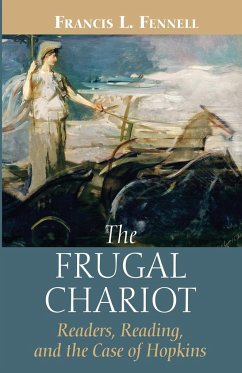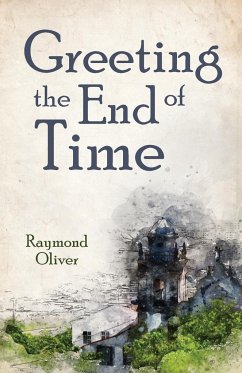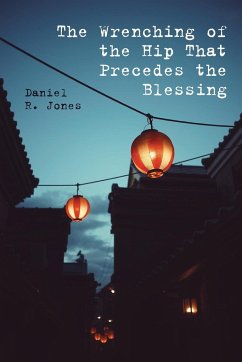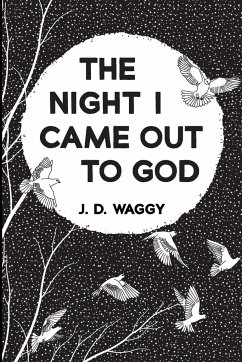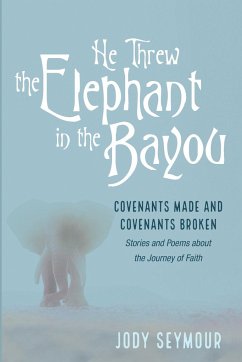If you love poetry, this book is about you and for you. It doesn't matter whether you are a scholar or a lover of beautiful poetry, this book brings everyone together by responding to a current crisis: the falling interest in and support for the humanities, especially poetry. This book argues that the most fruitful place to begin to reinvigorate literary reading, and thus the humanities, is with the close and careful attention to the experience of non-academic readers. This book explores their experiences, listening carefully to what they have to say, how they--you!--respond to poetry, why you love it. The book shows, in other words, at least a partial cure for that falling interest in the humanities which gets so much attention in newspapers and on TV. The book employs the poetry of Gerard Manley Hopkins and lets him supply the illustrative material. Hopkins is one of the seven most-read poets in the English language, but you do not have to know Hopkins well to understand the revolutionary approach to poetry and literary study that this book offers.

